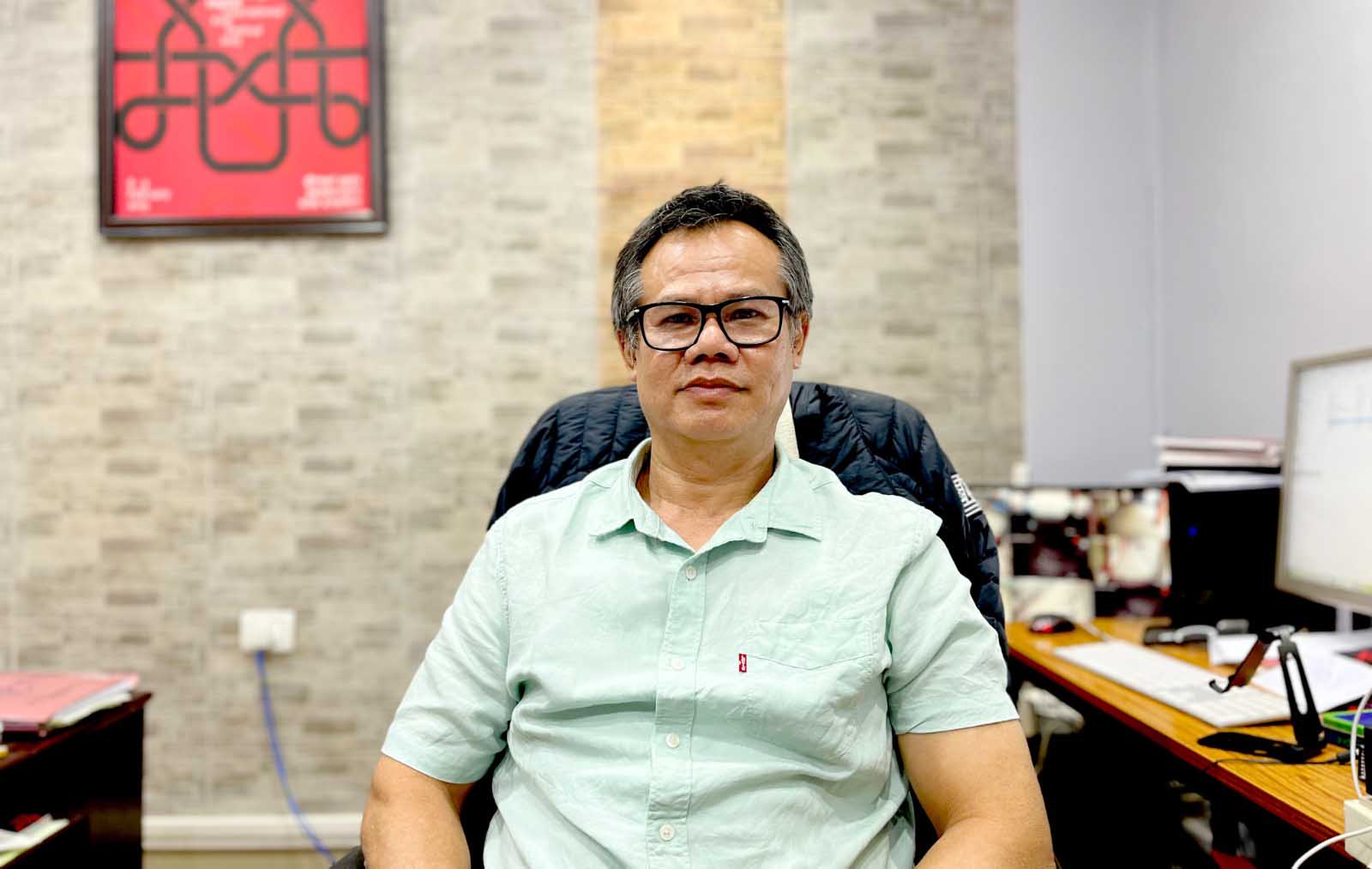There are a few burning questions in the minds of people at the moment. When is the COVID-19 pandemic going to end? When is the lockdown going to be eased and lifted? When is this nightmare going to be over? These are tough ones to answer, and nobody has the appropriate or confident replies for these.
The year 2020 brought with it the novel coronavirus SARS-CoV-2 that causes the disease COVID-19. The virus has spread exceedingly fast and has now taken over the world and our lives. War has come our way, not in the expected way of guns and bombs but in the guise of a virus. Much havoc has already been caused. It has been over seven months and it is still continuing to take its toll. Now, we know it’s not going away in the near future. In fact, it may continue to be amongst us for a long time or maybe even for good, if scientists are to be believed. This ongoing onslaught of the virus is harsh physically, mentally, and financially.
Of the many measures taken up to curb the spread of the virus, lockdown is one. The lockdown regime started around end of March and is still continuing. In between, a little relaxation had been provided, but then again with increasing number of infections, things are back to square one. Except for the privileged few, this extended lockdown is making people restless, anxious, impatient, stressed, impoverished, jobless, and the list continues. It may not be so visible but a lot is brewing underneath.
The pandemic is not going to end soon, so the lockdown should not continue till the end of the pandemic. Let us first be clear why lockdowns are being imposed in the first place. It is to control the spread of the virus. But again, the virus is going to spread. As it had not been contained in the early phase of its spread, it is out in the open, it is spreading, and it is going to sweep over the whole population all over the world. Experts in the field of virology opine that this is the nature of viruses. It is unstoppable now. The only thing that is going to protect us is our immunity.
Let us try to answer some key questions here. As for the pandemic, it will wane or end when the population attains something called herd immunity. What is herd immunity?
Pathogens, viruses included, cause infectious diseases. To counter this, the host animal builds a defence mechanism which includes production of antibodies against the pathogen. This way, the host attains “immunity.”
Herd immunity is one term that is being mentioned multiple times in the context of the present COVID-19 pandemic as a possible means to end it. Herd immunity, also called community immunity, is the immunity obtained when a major part of the population attains immunity to a specific disease. The pathogen will not be able to infect further if enough people becomes resistant to it. Some section of the population may not possess the immunity, but with major part of the group being resistant, the whole group is protected. Thus, the rate of infection will decrease and the disease will die out on its own. Hence, the weaker sections of the herd which include the very young, the old, the sick, and the immunocompromised ones get automatically protected by the herd. This is how herd immunity works.
There are two ways by which herd immunity is achieved. First case is the case where the resistance or immunity develops in the herd naturally. When a host body is infected by a pathogen, namely bacteria or virus, it synthesizes antibodies to fight the infection. The antibodies destroy the pathogens, and the host body retains the antibodies for future defence. So next time, the body is ready to fight immediately.
In the second case, a vaccine could be used to build the immunity. A vaccine is a preparation that helps to protect against infectious diseases. Vaccine will stimulate the production of antibodies and provide immunity against the pathogen without making the host sick. It is made from the pathogen itself, its products or a synthetic substitute, and that acts like an antigen.
When does the population reach herd immunity? Another term called the R0 or reproduction number comes up here. R0 is the average number of people that an infected person can infect further when the population is not at all immune to the pathogen. The higher the R0, more people will need to be resistant to get herd immunity.
Based on information collected thus far, experts and researchers believe that the R0 for SARS-CoV-2 is between 2 and 3. This means that one person can infect two to three other people. This implies that 50% to 67% of the population would need to be resistant before herd immunity kicks in and the infection rates start to decline. Thus, in this case, some 50% to 67% of the population either needs to be exposed to the infection or be vaccinated.
Achieving herd immunity to SARS-CoV-2 is very difficult at the moment. First of all, the virus being novel or new, everyone is at risk of acquiring the infection as there is no pre-existing immunity to bank on. The best way to attain it would be via mass vaccination. But it is common knowledge that there is no vaccine at the moment. The race for a vaccine is definitely going on, but when it will be ready for mass use is still uncertain. With this non-availability of a vaccine, a large population would have to come in contact with the virus, go through the infection process, fall sick, and recover with antibodies to attain herd immunity.
On the other hand, aiming for herd immunity in a population naturally is a not-so-advisable exercise as the virus will spread rapidly, many people will get infected, majority will acquire the immunity against the virus, and there will be casualties too. The casualties ensuing could overwhelm hospitals and healthcare infrastructure as the extent could not be predicted, and the same case seems to be happening in many areas. So lockdowns, partial or total, are imposed by governments and authorities to slow down the process of infection and to help healthcare system to handle the situation appropriately. But again, lockdown is not the permanent solution.
As mentioned in the previous section, the virus is here to stay in our midst. It is going to sweep through our population. It is only a matter of time. It may be slow, it may be fast. In the meantime, if a breakthrough comes in the form of a vaccine or a cure, mankind would be blessed. But that too is uncertain. Vaccine production cannot be fast-tracked. Even if a vaccine is found, there is no guarantee that the vaccine is going to provide long-term immunity, as mutation is another nature of viruses. They do not remain constant. Like common cold and the flu, COVID-19 could turn seasonal. If it turns out like that, how do we proceed from there?
The key conclusion thus is that it is going to take a while before the pandemic ends. So unlocking (as it is termed now) should start gradually, phase-wise. At this juncture, what the citizens should be aware of is the fact that the handling of this pandemic is not the sole task of the government. The government on their part should be sincere enough in their handling of pandemic and the crises following it. We citizens should also take full responsibility. It seems like it is a long unsteady road ahead. It’s an unseen entity that we are fighting here. We are completely vulnerable to the virus. As the virus is going to be with us, the neo normal is going to be entirely different from the prior one. This is going to include social distancing, avoiding crowded and closed spaces, reducing social gatherings, wearing masks at all times in public, washing hands with soap and water, using hand sanitizers, maintaining personal and community hygiene, etc. Repeated “hand-washing” once considered an indicator of obsessive-compulsive disorder is now advised by experts all the time. That’s how things have changed.
Clinicians, doctors, and psychologists also suggest that the fear factor should be done away with. Fear affects immunity negatively. Measures to boost up immunity should be taken up by all. Use of antiviral drugs to treat viral disease is not so effective. What we can count on is our immunity. It is this that is going to save us from the much-feared and much-spoken-of COVID-19. This virus should be combated with firm intent. We should work out ways in which to navigate smoothly through this tough time and situation. Let’s all join hands in this fight against this pandemic and come out triumphant.
Let’s wind this up with a closing note from Albert Camus’s The Plague that goes like this:
“…there’s no question of heroism in all this. It’s a matter of common decency. That’s an idea which may make some people smile, but the only means of fighting a plague is – common decency.”











